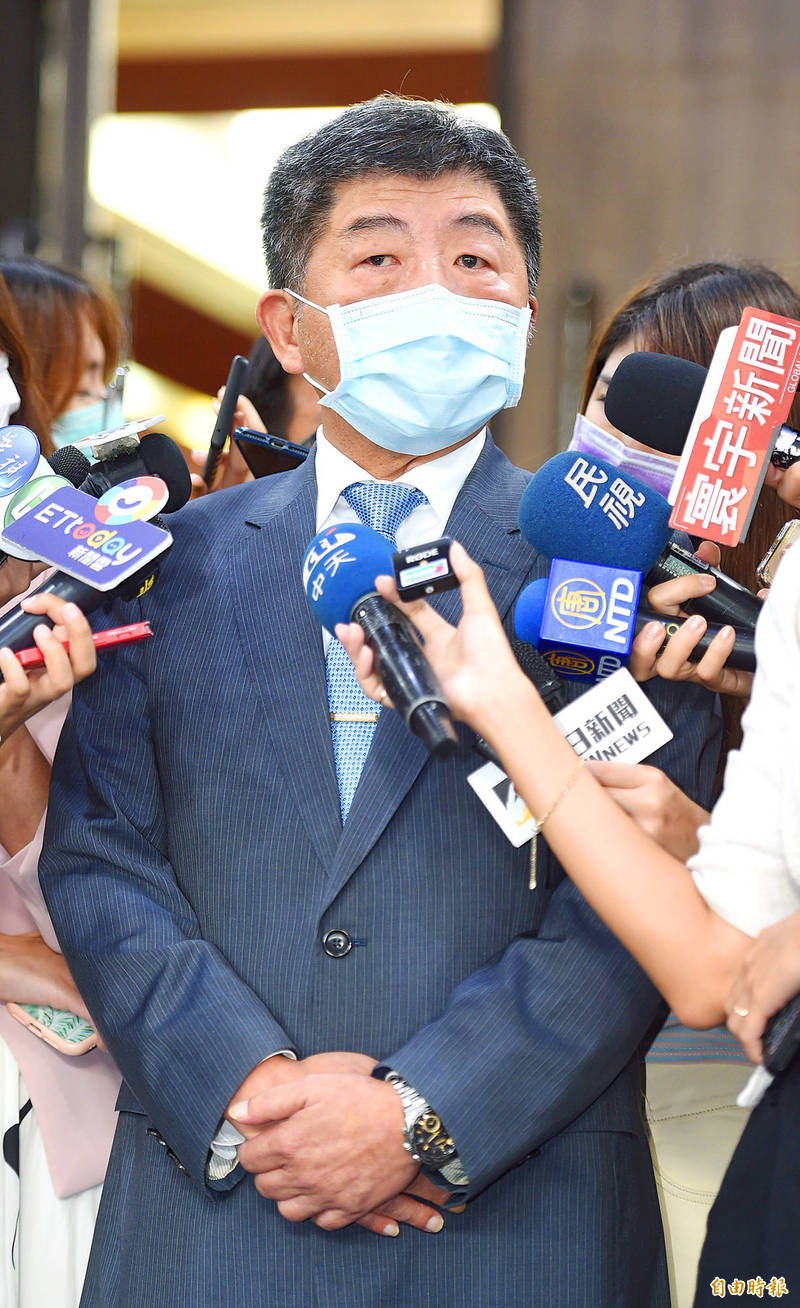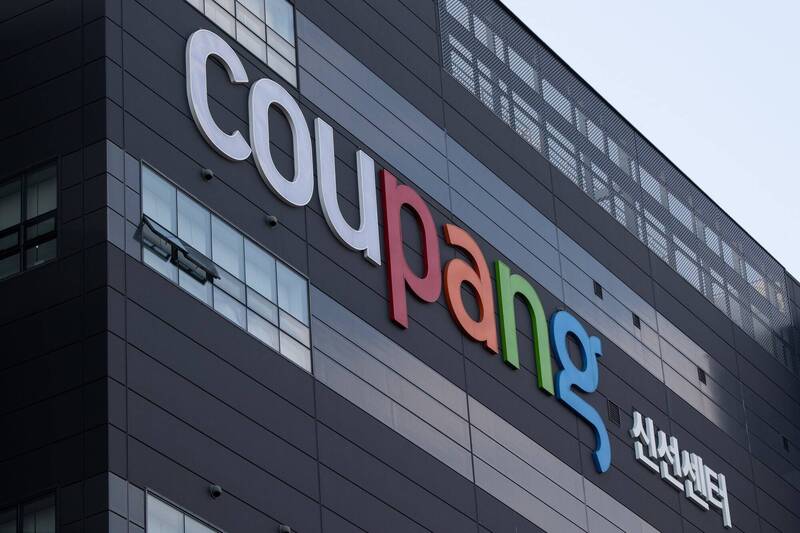《TAIPEI TIMES》Vaccine acquisition plans are going smoothly: CECC

Minister of Health and Welfare Chen Shih-chung speaks to reporters on the sidelines of a forum at National Taiwan University in Taipei yesterday. Photo: Liu Hsin-de, Taipei Times
SEEKING WHISTLE-BLOWERS: Minister Chen Shih-chung said people would always find ways around the rules for mask suppliers, so consumers must be alert
By Lee I-chia / Staff reporter
Taiwan is pursuing several avenues to acquire COVID-19 vaccines when they become available, while local development of vaccines is going smoothly, Minister of Health and Welfare Chen Shih-chung (陳時中) said yesterday.
Chen, who heads the Central Epidemic Command Center (CECC), made the remark in response to media queries on the sidelines of the EuroAsia 2020 conference in Taipei.
Reporters asked whether the center had a passive approach after Chen in a television interview broadcast on Friday compared Taiwan with other countries, saying that the nation has more time than others to observe the safety and effectiveness of vaccines.
“The proactive approaches [to acquiring vaccines] are continuing,” Chen said.
Aside from preordering vaccines from a range of pharmaceutical companies, Taiwan is also about to sign a contract with the COVID-19 Vaccine Global Access Facility (COVAX) to ensure that Taiwan would have the opportunity to purchase vaccines through a fair international platform.
“The local development of vaccines is going very smoothly, which looks hopeful,” Chen said, adding that it used to take a long time, even up to 10 years, to get a vaccine to market.
Although science advancements can shorten the time, the seriousness of the COVID-19 pandemic has led many countries to grant emergency use authorizations (EUA), meaning that vaccines might be urgently administered if scientific observations and experiments are acceptable, even if long-term effects might not be fully known, he said.
The more serious the outbreak is, the more likely a nation would grant an EUA, he said, adding that such judgements would be made with “dynamic thinking,” so Taiwan has more room to assess vaccine safety.
Asked whether signing a COVAX contract would ensure that Taiwan can acquire effective vaccines, Chen said that the government has hired lawyers to join the negotiations and they would determine the best option.
However, as it is a seller’s market, the details are confidential, he said.
Reporters asked Chen if the CECC’s policy for suppliers of medical-grade masks to emboss “MD” (medical device) and “Made in Taiwan” on their products would prevent masks that do not meet government standards from entering its distribution system.
No matter what the policy, people can always find ways around them, so the government needs to improve mask traceability, while consumers must become “whistle-blowers,” he said.
In the television interview on Friday, Chen said that as Taiwan has not reported a local infection in about 150 days — indicating that communities are relatively safe — demand for vaccines is not as high as in countries with large numbers of new infections per day.
However, the government cannot predict how long Taiwan might wait for delivery of vaccines, he said.
If an effective vaccine is developed, Taiwan would consider introducing it, even if there does not seem to be an urgent need or great demand, he said.
Meanwhile, Centers for Disease Control Deputy Director-General Chuang Jen-hsiang (莊人祥), the CECC’s spokesman, yesterday said that the baby of a Filipina who tested positive for COVID-19 while in quarantine in Taiwan tested negative.
The woman was 36 weeks pregnant when she arrived in Taiwan on Aug. 30 after having tested negative three days prior to boarding a flight that transited in Hong Kong.
The woman was tested again for COVID-19 upon arrival, as Taiwan requires for everyone arriving from the Philippines, and the test was negative.
However, she was tested once more on Thursday while in a government-designated quarantine facility, just before giving birth, and the result came back positive on Friday.
The likelihood of a mother infecting her infant is only 3 percent, international research has shown.
Additional reporting by CNA
新聞來源:TAIPEI TIMES

















